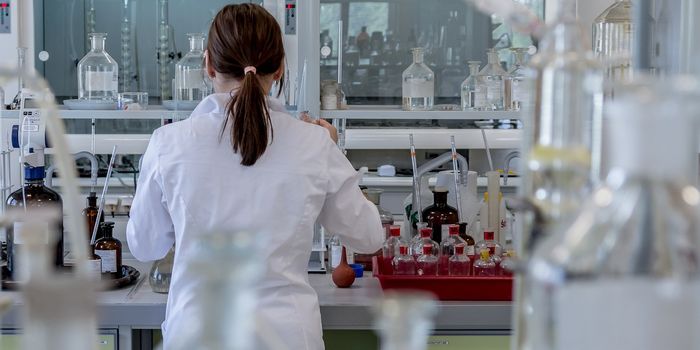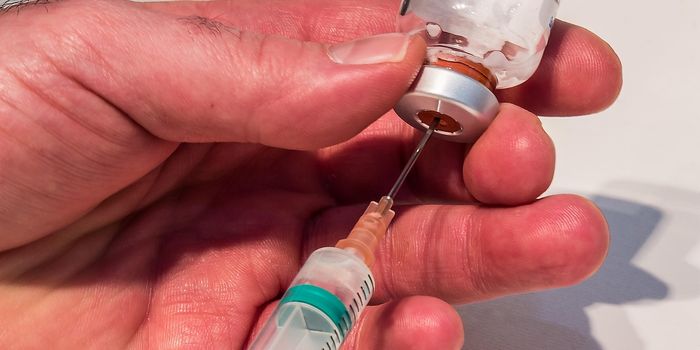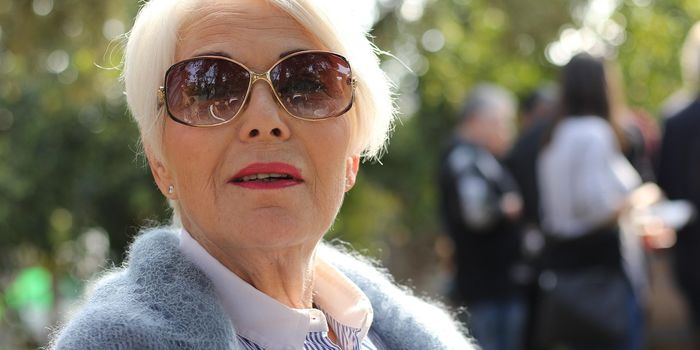A group of researchers at Rangsit University, a private university in Pathum Thani, Thailand, have revealed that two cannabis extracts stopped the growth of lung cancer in mice. The team is planning to now move onto human trials. This finding was announced at the launch of the university’s Medical Cannabis Research Institute in its College of Pharmacy by the institute’s director, assistant professor Surang Leelawat, who led the study.
“Our clinical trials in the laboratory and on animals of the lung-cancer treatment proficiency of three major cannabinoid compounds – THC, CBD and CBN – showed that THC and CBN can effectively deter cancer growth, confirming the potential of using cannabis to treat lung cancer in humans… this promising [result] will be developed further through a phase of clinical trials in humans,” she said. She added that lung cancer is one of the deadliest cancers, with no current effective treatments.
Rangsit University’s rector Arthit Ourairat shared the schools is in touch with “major hospitals” about collaborating on the human trials. He said Rangsit plans to develop conventional cannabinoid medicines and also to improve “the use of medical cannabis in Thai traditional medicine.” The school has invested significantly in the new lab at the research institute and runs a small cannabis farm that will start to produce cannabis oils in the summer of 2019.
“We started the first research effort on the medical properties of cannabis three years ago, so we have great potential to lead the mission to manufacture Thailand’s own efficient and safe cannabinoid medical products,” Ourairat said.
Cannabis extracts are sometimes used medically to reduce pain, nausea and muscle spasms. Scientists have proved cannabinoids can hinder the growth of or destroy certain types of cancer cells in lab dishes, according to The American Cancer Society (ACS). Multiple animal studies, like the one at Rangsit, have also found these chemicals to be effective in slowing cancer growth. Clinical trials of cannabinoids in treating cancer in humans are already underway. While the ACS has not taken a formal position on legalization of marijuana for health care, it does support “the need for more scientific research on cannabinoids for cancer patients,” emphasizing the need for better therapies to alleviate the side-effects of cancer treatments.
Unfortunately, when cannabis is smoked, it can have a negative effect on lung health. The American Lung Association states “regular use leads to chronic bronchitis and can cause an immune-compromised person to be more susceptible to lung infections.” However, cannabis can also be consumed orally or topically in various forms, both in medical and recreational usage. At the federal level in the U.S., cannabis or cannabinoid consumption is allowed for medical use in limited forms and cases, and state laws vary. A total of 29 states and D.C. have laws that legalize medical cannabis in some form, and it is allowed recreationally for those aged 21 in nine states and D.C.
Sources: The Nation, Thailand, American Cancer Society











